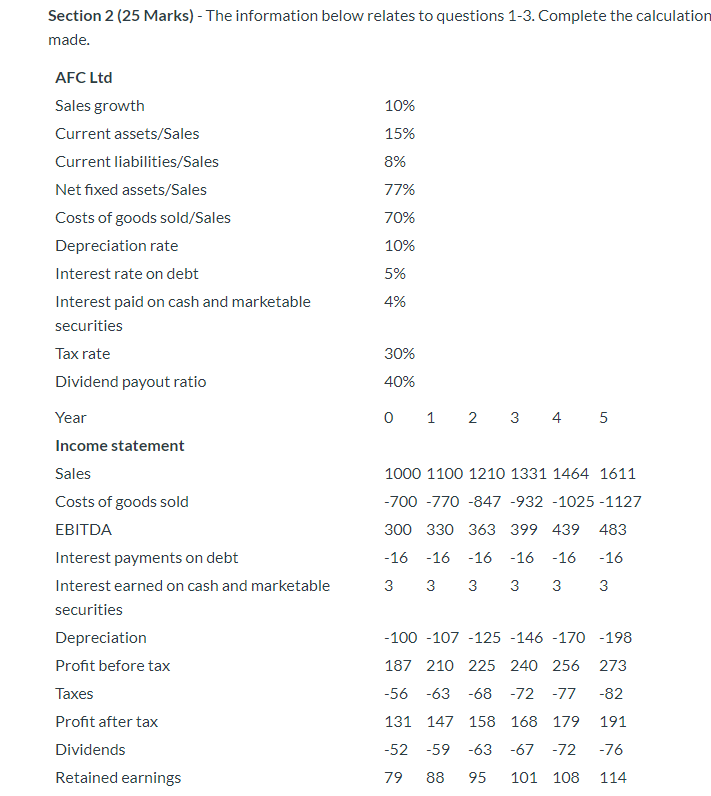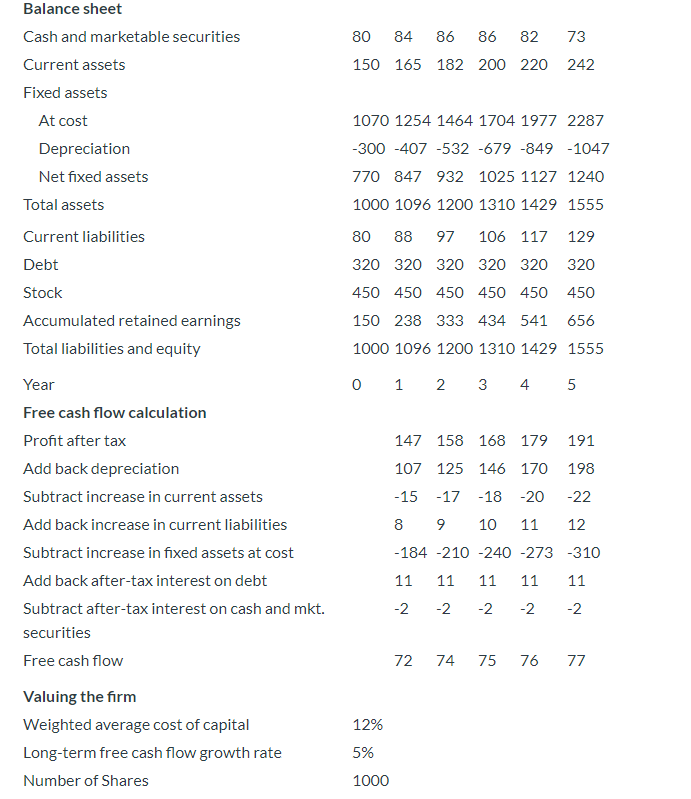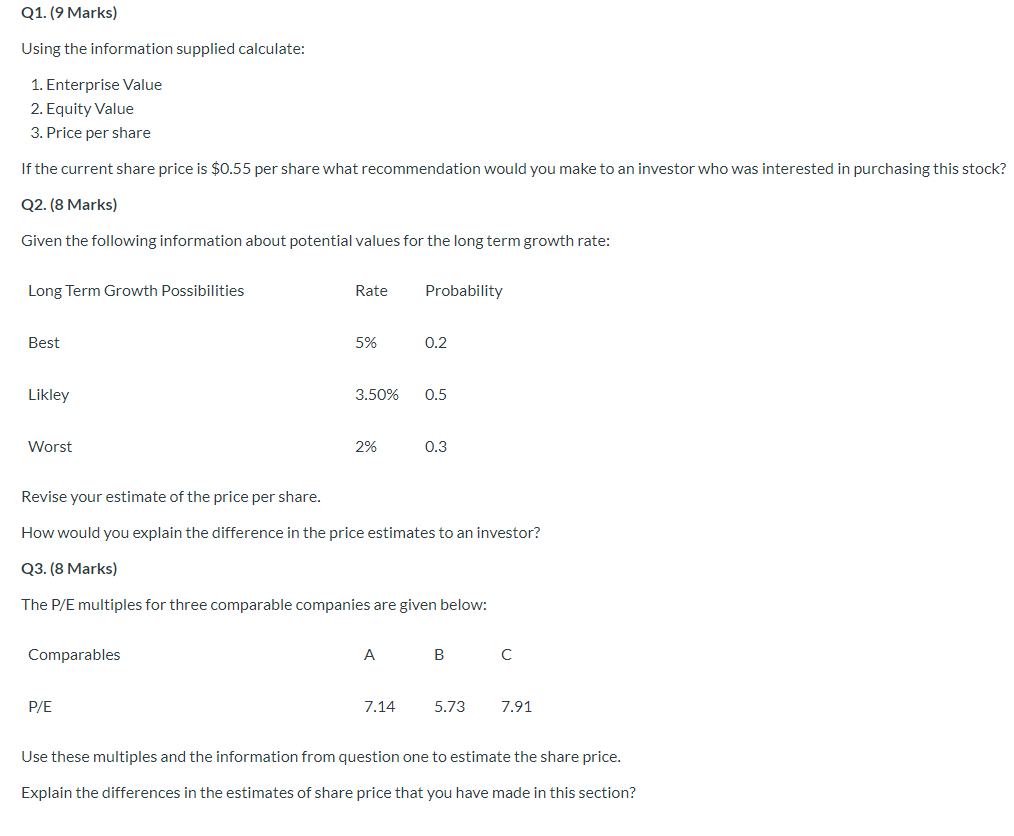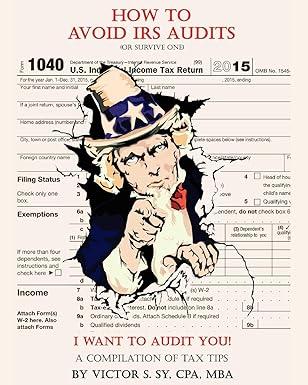Answered step by step
Verified Expert Solution
Question
1 Approved Answer
Section 2 (25 Marks) - The information below relates to questions 1-3. Complete the calculation made. 10% 15% 8% 77% AFC Ltd Sales growth Current



Step by Step Solution
There are 3 Steps involved in it
Step: 1

Get Instant Access to Expert-Tailored Solutions
See step-by-step solutions with expert insights and AI powered tools for academic success
Step: 2

Step: 3

Ace Your Homework with AI
Get the answers you need in no time with our AI-driven, step-by-step assistance
Get Started


